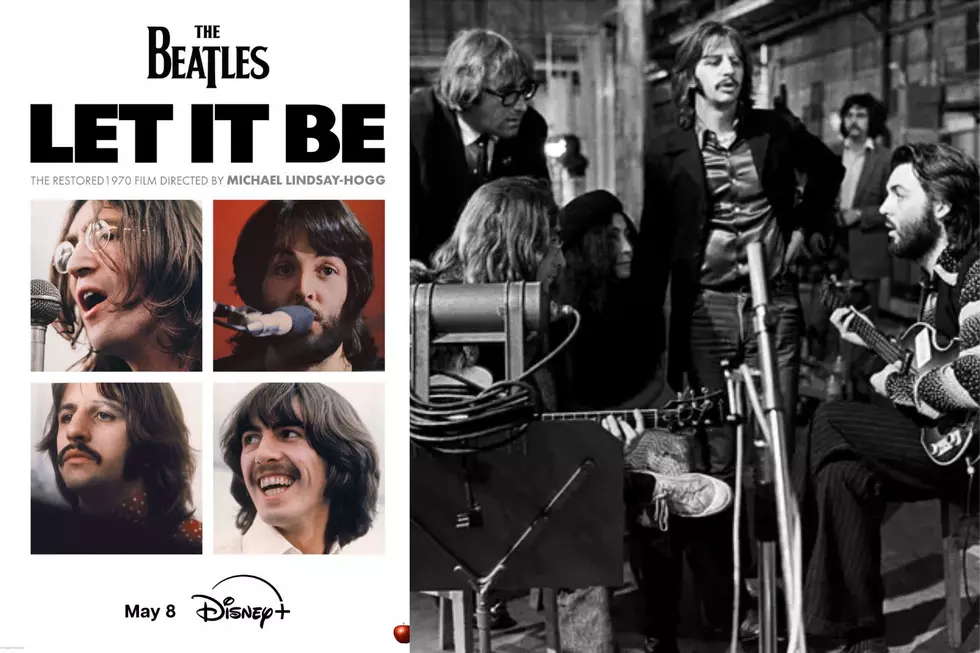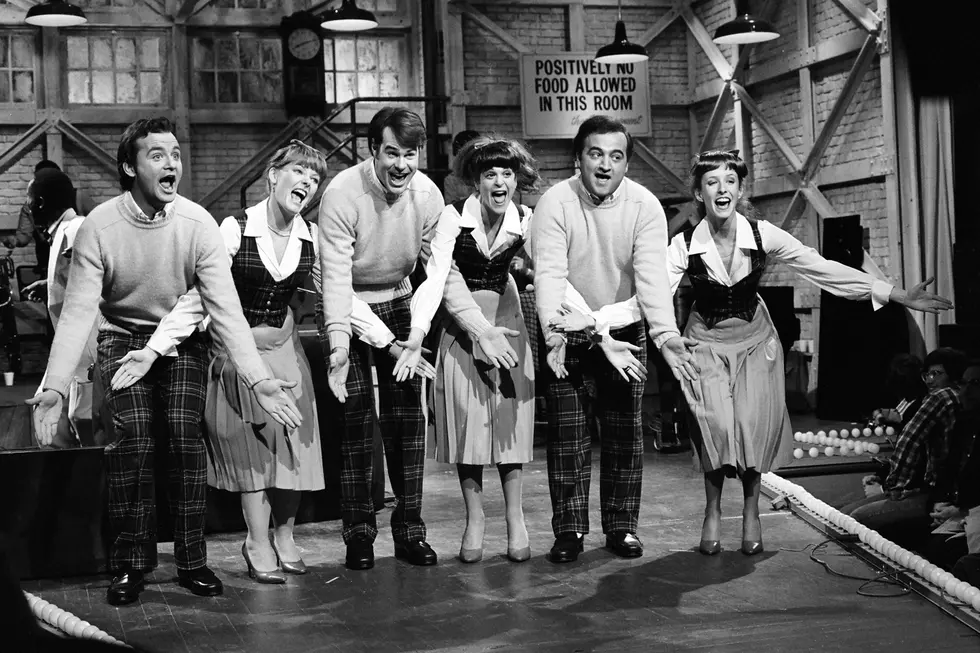
45 Years Ago: ‘Sanford and Son’ Ends, Leaving TV Changed Forever
Sanford and Son left behind a forever-altered television landscape when its final episode of aired on March 25, 1977. It was immensely popular, of course, but the show also broke new ground in the depiction of minorities on screen and settings that actually reflected the lived experience of a great number of Americans.
Debuting in January 1972, Sanford and Son followed the escapades of Fred G. Sanford (Redd Foxx), a junk dealer living in the Watts neighborhood of Los Angeles, and his grown child Lamont (Demond Wilson). The program made an immediate star of stand-up comic Foxx, who'd cut his teeth working a network of Black-owned nightclubs in the South and Midwest referred to as the "chitlin' circuit." Sanford and Son also made a name for itself by foregrounding issues of race.
Nearly all of the main and recurring characters were people of color, and like All in the Family – both shows were produced by Norman Lear – it refused to shy away from issues of racism in the U.S. Instead, Sanford and Son forced its characters and audience to engage with these issues through both dialogue and storylines.
Blending comedy and realism, the show was one of the first to depict the kinds of neighborhoods that many people of color lived in. Before Sanford and Son, a place like Watts wouldn't often find a home on the television screen. In this way, the plight of Black Americans formed a constant backdrop in the show. Yet at the same time, Fred himself wasn't above making derogatory comments about the Asians and Latinos also living in his community.
The result was a show that not only focused on the Black experience, but acknowledged how complex the issue of race in America can be – and Sanford and Son did it all by making people laugh. Never preachy, the program used punch lines to point out both differences and commonalities among people, often through conflicts between the cantankerous Fred and his more liberal son Lamont.
As it had been in All in the Family, the recipe was immensely popular, and Sanford and Son ended up in the Top 10 of national ratings for five of its six seasons on air. But beyond its popularity, the show also helped create seismic changes the way that television was made in the U.S., and the kind of people it showed.
One of the key ways Sanford and Son did this was by hastening the introduction of Black creatives into Hollywood writing rooms, which until the '70s had been dominated by whites. A telling anecdote from writer Ted Bergman helped explain why this change was so necessary.
Bergman penned a Sanford and Son episode in which Fred was playing Monopoly with a friend, leading to a line in which Fred exclaims that the board game was the only place in America where a Black man could own a railroad or a hotel. Foxx nixed the scene, however, because he said "Black people don't play Monopoly." No matter how funny or revealing a scene might be, if it didn't reflect the Black experience it wouldn't be true.
Watch the Best of Redd Foxx on 'Sanford and Son'
Faced with this problem, Sanford and Son became one of the first shows to begin regularly incorporating scripts from Black writers, including comedy legends Richard Pryor and Paul Mooney.
The show also provided a mainstream showcase for numerous actors and comedians of color. Performers who were able to use this exposure to advance their careers included LaWanda Page, Whitman Mayo, Pat Morita, Don Bexley and Lynn Hamilton, among many more. Sanford and Son also attracted a bevy of famous Black Americans as guest stars, including George Foreman, Lena Horne, B.B. King, Mary Wickes and Scatman Crothers, among others.
Beyond this, though, the show helped open the doors for a number of sitcoms focused on Black life in the '70s. Shows like Good Times, The Jeffersons, Chico and the Man, What's Happening!!, and That's My Mama were all created in the wake of Sanford and Son, and were all helped by its success. "Suddenly, the African American series – or at least the sitcom – had commercial validity," television historian Donald Bogle wrote in his book Primetime Blues.
There were still many challenges to be faced in this area. For many years, as Bogle also noted, representations of Black Americans still tended to be restricted to broad comedy. Still, Sanford and Son undeniably pushed things in the right direction.
Maybe the single most important fact about the show, given the realities of Hollywood, was that it made a lot of money "As a result of our success," Demond Wilson told GetTV, Hollywood executives said "'Okay, Black shows. We're going to go with that.'"
Sanford and Son was a comedy, and a lot of fun to put onto the screen, but in retrospect there was intense pressure on everyone. "If we had failed," Wilson added, "there wouldn't have been any Black shows for another decade."
Fortunately for us all, they didn't. Sanford and Son was a hit, and television would never be the same.
28 Classic Films That Were Turned Into (Mostly Failed) TV Shows
More From Ultimate Classic Rock









